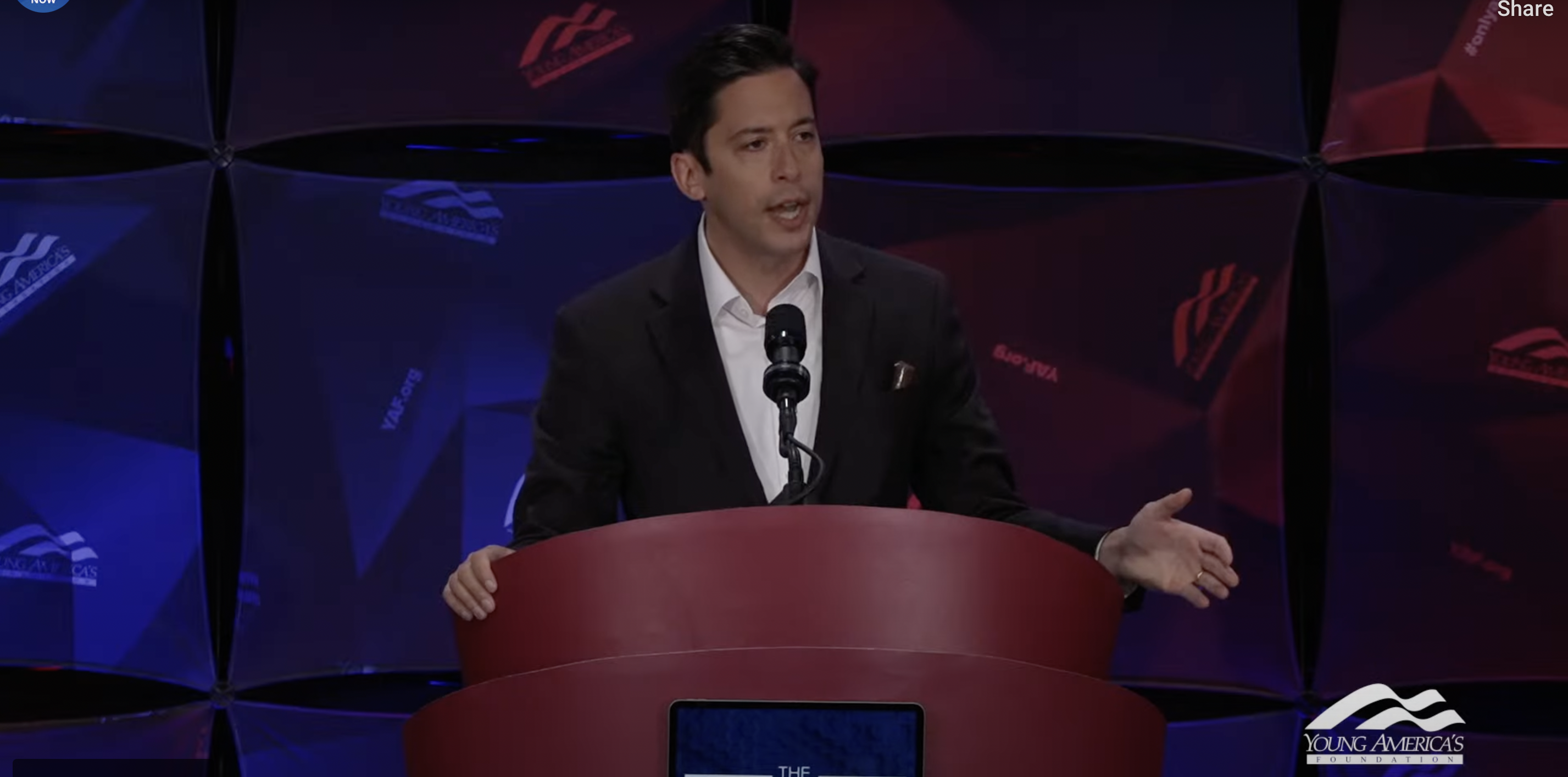Supreme Court Hears Case Surrounding Lawfulness of Government Surveillance

The Supreme Court heard oral arguments in Federal Bureau of Investigation v. Fazaga on Monday, a first-of-its-kind case that deals with the interaction between Section 1806(f) of the Foreign Intelligence Act of 1978 (FISA) and state secrets privilege.
FISA allows federal law enforcement and intelligence agencies to secretly gather information on persons suspected to be foreign agents engaged in espionage or international terrorism against the United States, and state secrets privilege allows the government to exclude certain information in a lawsuit, that if disclosed, could cause harm to national security. FISA, in contrast with state secrets privilege, requires the government to divulge the information to a court in order to determine if it should be excluded.
The case under review involves three Muslim American men who accused the FBI of illegally using a paid confidential informant to surveil them after the 9/11 attacks, starting in 2006 in Southern California. Yassir Fazaga, a former imam at the Orange County Islamic Foundation, and members of the Islamic Center of Irvine Ali Uddin Malik and Yasser Abdel Rahim brought the case, asserting the FBI violated their religious rights by spying on them solely because they are Muslim. Their case was dismissed based on state secrets grounds in district court in 2012 and then revived by the Ninth Circuit Court of Appeals in 2019.
The justices will decide on whether the FISA’s Section 1806(f) displaces the state secrets privilege and authorizes federal judges to consider the privileged evidence in order to resolve the merits of a lawsuit challenging the lawfulness of the government surveillance.
Hearing Highlights
Several justices cast doubt on the Ninth Circuit’s ruling, which found that FISA completely displaces states secret privilege, though Justice Sonia Sotomayor suggested making a “narrow ruling” given the complicated nature of the case.
Sotomayor asked Ahilan Arulanatham, who represents Fazaga:
So, if you were to lose — and I know you desperately don’t want to, but assume my assumption that all we hold is that no one’s invoked 1806 here, and we send it back for the Court below to decide how state secrets interacts with a motion to dismiss. Is that the narrowest ruling that we could issue?
Arulanatham agreed, saying, “Either that you shouldn’t have dismissed on the pleadings or that we want the Ninth Circuit to decide if you should have dismissed on the pleadings…” That judgment would control whether the government can use state privilege, as well as whether they could use it to dismiss the plaintiffs’ religious discrimination lawsuit.
“I feel like we’d be doing a drive-by in this case on a massively important issue if we get into that,” Justice Brett Kavanaugh said. He also added that several other issues in the case can be “fleshed out and come back to us where that’s the central focus of the case.”
Justice Stephen Breyer contemplated the ramifications of enabling a federal judge to access information privately in an effort to decide if the case should continue — while keeping the government accountable.
“My point is there should be a way to look at the information for the court and decide what to do, not whether this particular statute applies or not,” Breyer said.
Justice Samuel Alito was not as convinced, arguing that judges having access to sensitive information could create an “incredible security problem.” Alito said:
Wouldn’t that be quite something? Because just dealing with some super-secret information in district courthouses around the country would create an incredible security problem. Most of the district courts don’t have the facilities to deal with information of that sensitivity.
Chief Justice John Roberts contended that the Ninth Circuit applied its ruling too broadly when it asserted that the FISA review process displaces state secret privilege in all cases. Roberts said:
…1806(f), the provision we’re talking about, takes up the whole page of 207a and yet it consists of two sentences. The sentence we’ve been talking about is 20 lines, and squirreled away in there are these few words that you’re relying on for displacement of the state secrets privilege, for a reading of — of FISA that has enormous consequences for state secrets, for national security. And I just wonder, why would Congress put such significant language stuck in this provision? Isn’t that an oblique way to have the consequences you’re ascribing to that language?
Justice Breyer assessed that even if the Supreme Court overruled the Ninth Circuit, the plaintiffs ultimately want their lawsuit resuscitated, “something the court seemed likely to do,” according to Bloomberg Law.
The case is Federal Bureau of Investigation v. Fazaga, No. 20-828 in the Supreme Court of the United States.
UPI and Kristina Wong contributed to this report.
" Conservative News Daily does not always share or support the views and opinions expressed here; they are just those of the writer."





